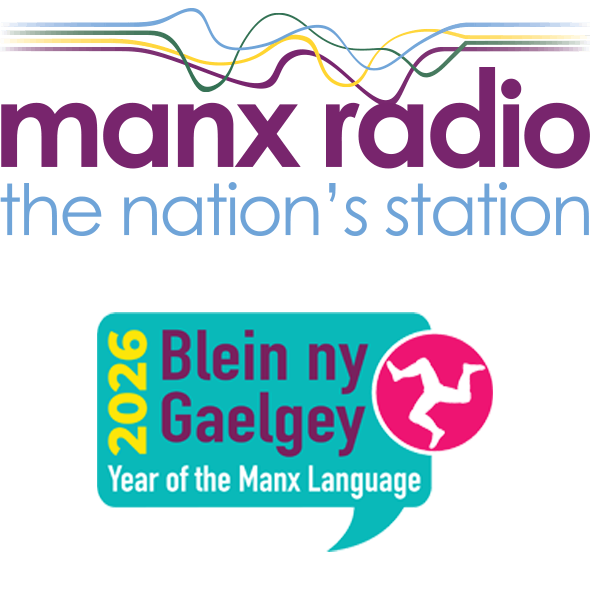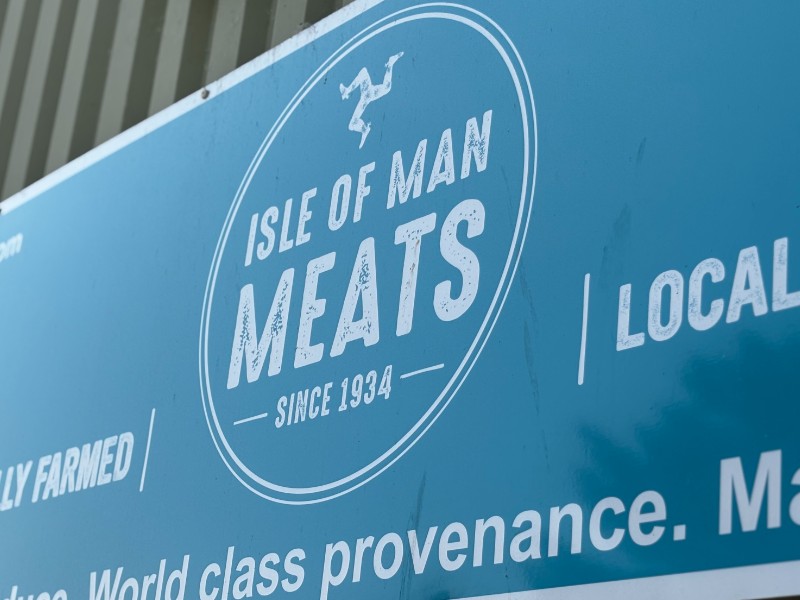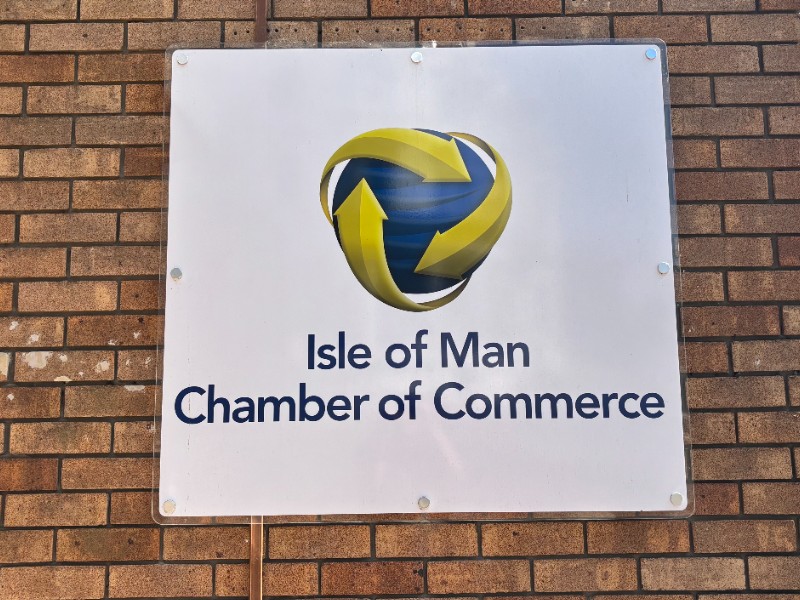
IoD survey finds two-thirds expect weaker conditions, with skills shortages and regulatory burdens among main concerns
The Isle of Man branch of the Institute of Directors has released the results of its third Policy Voice survey, revealing widespread concerns among senior business leaders about the government’s financial management, regulatory approach, and engagement with industry.
Forty-eight directors and senior leaders took part in the poll between late April and early June. Two-thirds expressed pessimism about the Island’s economic outlook over the next 12 months, producing a net confidence score of minus 49 - a sharper decline than the minus 27 recorded in October last year.
By contrast, around half expect revenues at their own organisations to rise, although investment intentions remain subdued and most foresee increased operating costs.
The survey asked respondents to identify their greatest challenges. Skills shortages and general economic conditions were cited by 57 percent each, with concerns over connectivity, regulatory demands and the cost of labour also prominent.
Perceptions of government engagement have deteriorated.
Seventy percent said policymakers do not understand the business environment, while fewer than one in ten agreed that government engages well with their sector. Respondents pointed to increasing regulatory pressures, limited consultation, and an “overly large” public sector as areas of frustration.
On public finances, views were mixed over whether government should continue to rely primarily on personal and indirect taxation, with only around three percent of revenue currently raised from corporate tax. Forty-one percent supported maintaining the status quo, 38 percent opposed it, and the remainder were neutral.
The strongest consensus emerged around the use of reserves. Eighty-five percent opposed relying on reserves to balance the budget without a wider efficiency and scope review. More than 80 percent also expressed doubt that government can maintain its commitment to limiting public-sector pay bill growth to two percent annually for five years.
When asked about the scale of government, 91 percent supported reducing public-sector headcount. Over half favoured limited reductions while protecting frontline services such as health and education, while a third supported broader cuts. Benchmark comparisons with the Channel Islands suggest the Isle of Man employs around one thousand more full-time equivalents than if it mirrored their ratios.
Digital transformation was another recurring theme, with 72 percent of respondents believing government’s capabilities do not match the Island’s ambition to present itself as a digital leader. Members urged that digitisation and artificial intelligence should be used to deliver real cost reductions rather than simply altering service delivery.
Beyond financial issues, there was also support for constitutional reform. A clear majority favoured reviewing the electoral system, including the possibility of Island-wide voting, while 85 percent backed reducing the Island’s 21 local authorities to drive efficiency and cut costs.
The IoD says the findings highlight the need for more proportionate regulation, stronger delivery of skills strategies, improved connectivity, and credible cost control, alongside reforms to government structures. It has pledged to keep these issues on the agenda in the run-up to the 2026 general election.
Manx Radio has approached the Isle of Man Government for comment.


 Analysis: Could the next Budget leave you with more take-home pay?
Analysis: Could the next Budget leave you with more take-home pay?
 UK MP says developer has withdrawn from Morgan windfarm
UK MP says developer has withdrawn from Morgan windfarm
 Payments to Isle of Man Meats board more than triple over three years
Payments to Isle of Man Meats board more than triple over three years
 Chamber backs revised minimum wage rise after government U-turn
Chamber backs revised minimum wage rise after government U-turn
